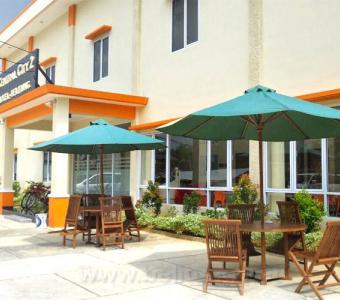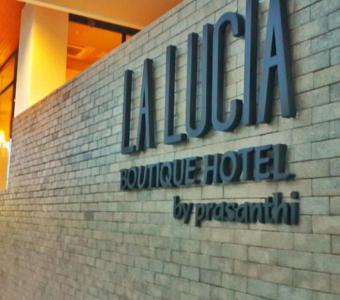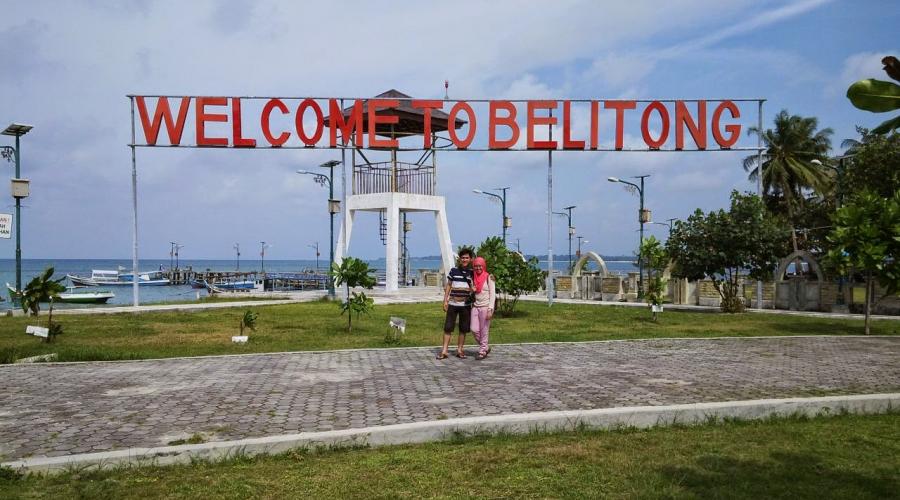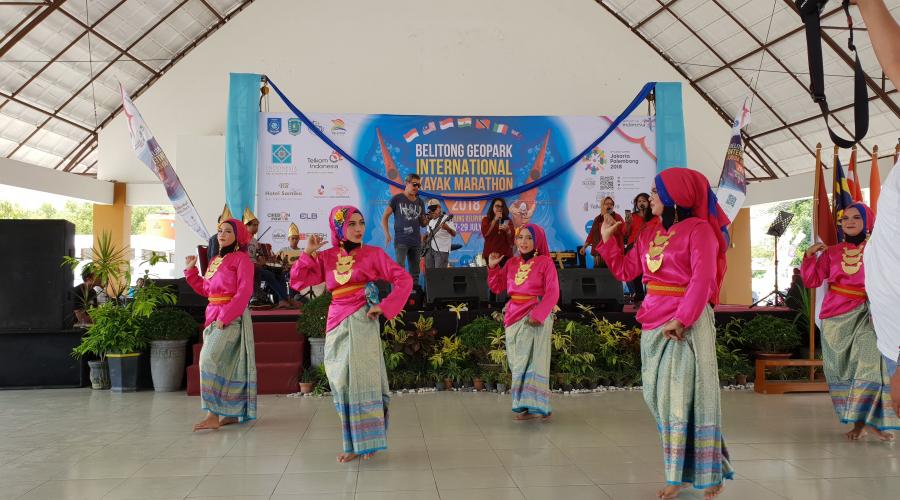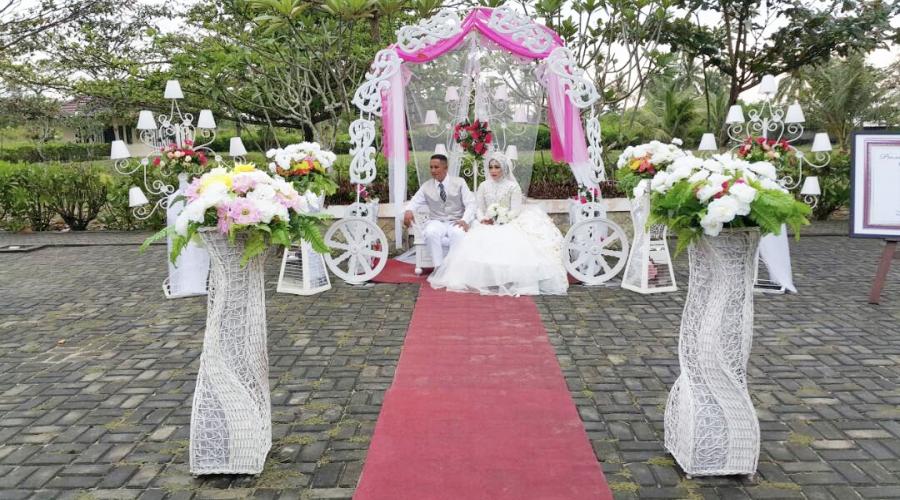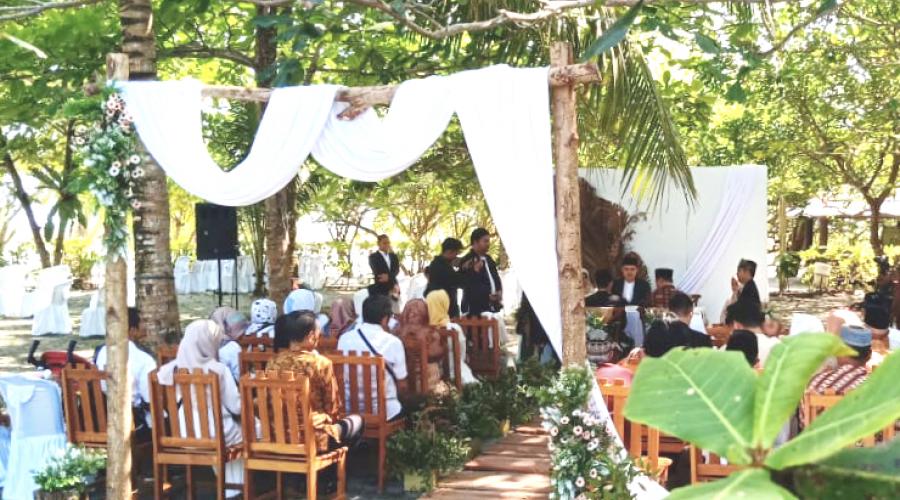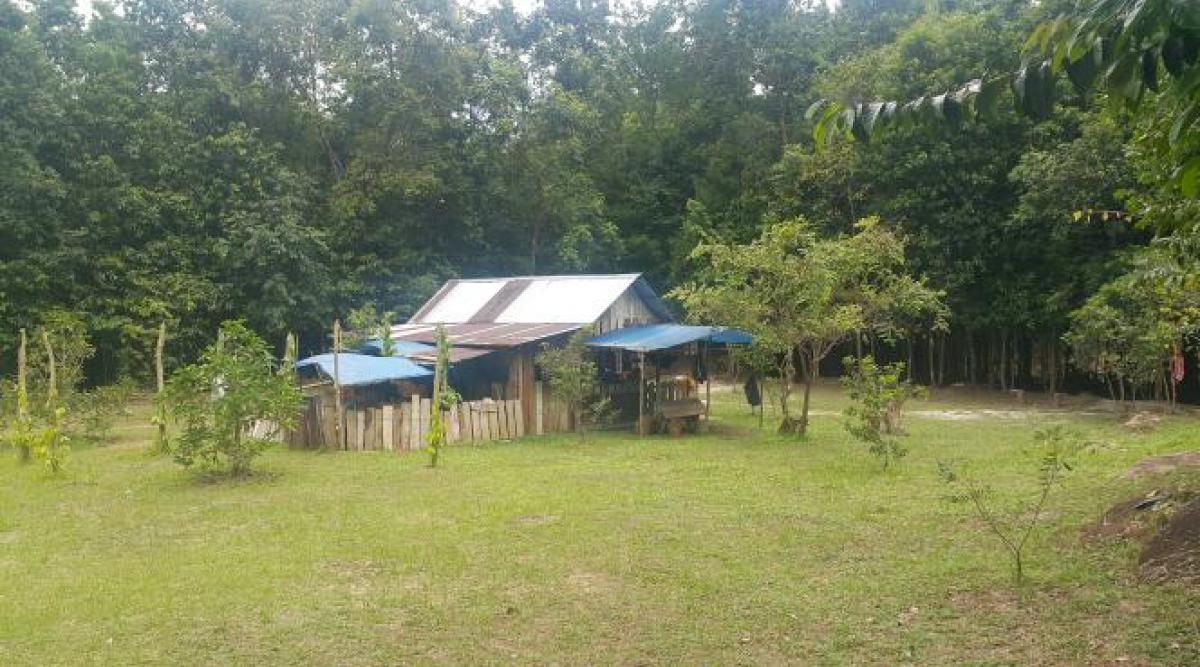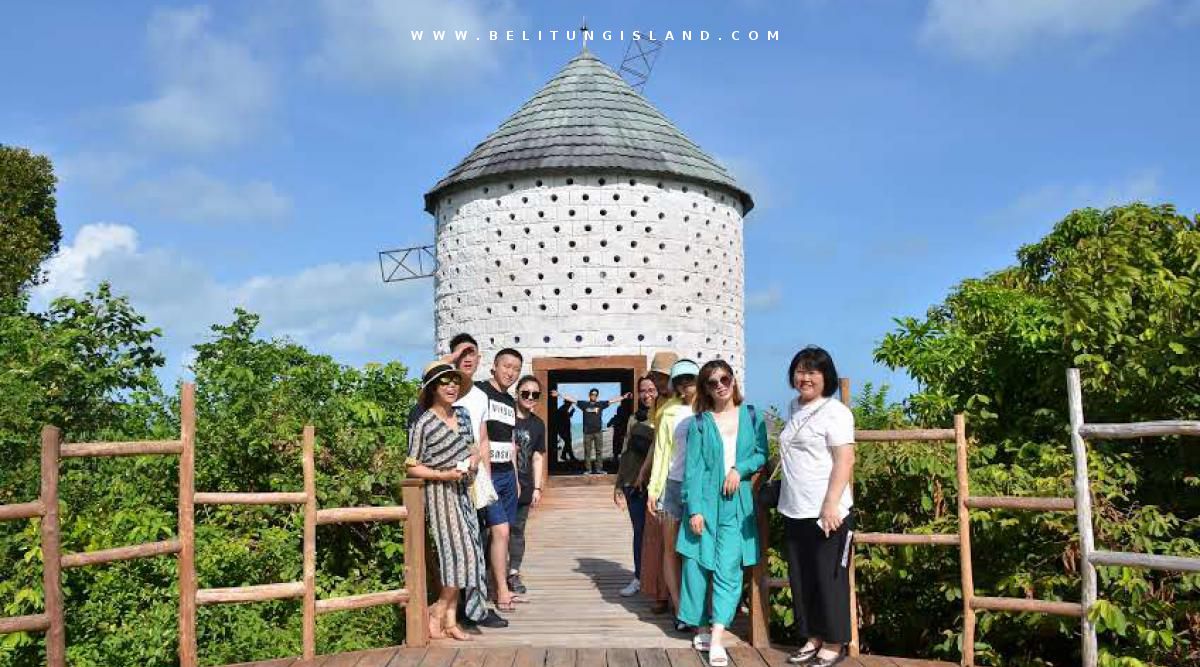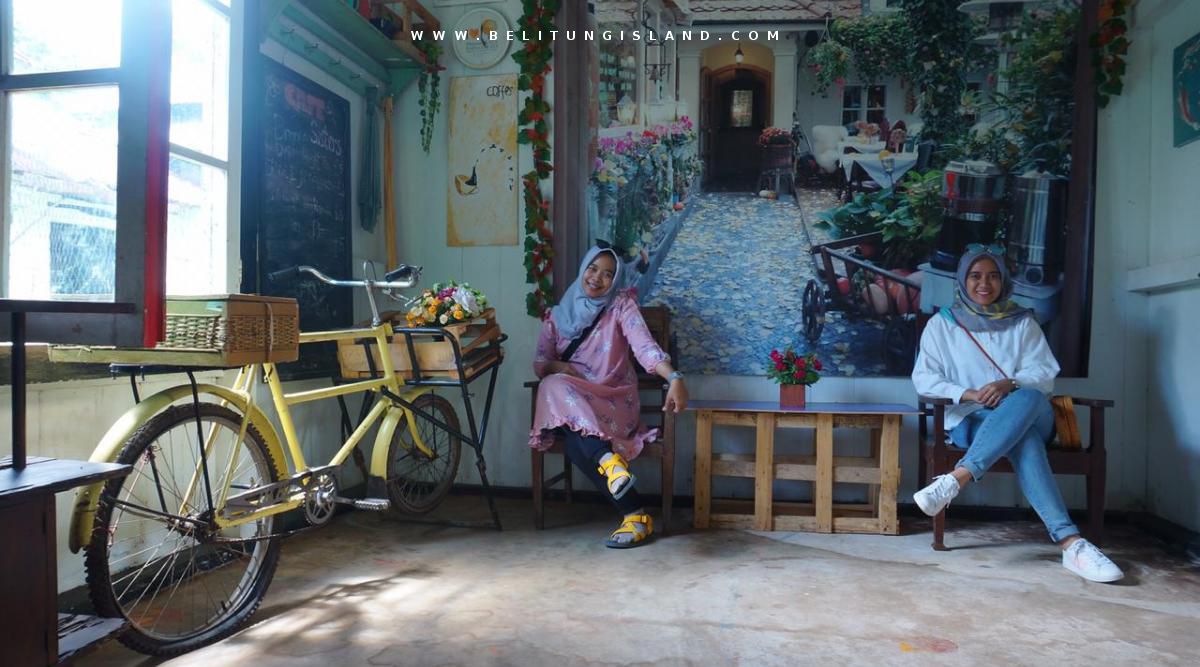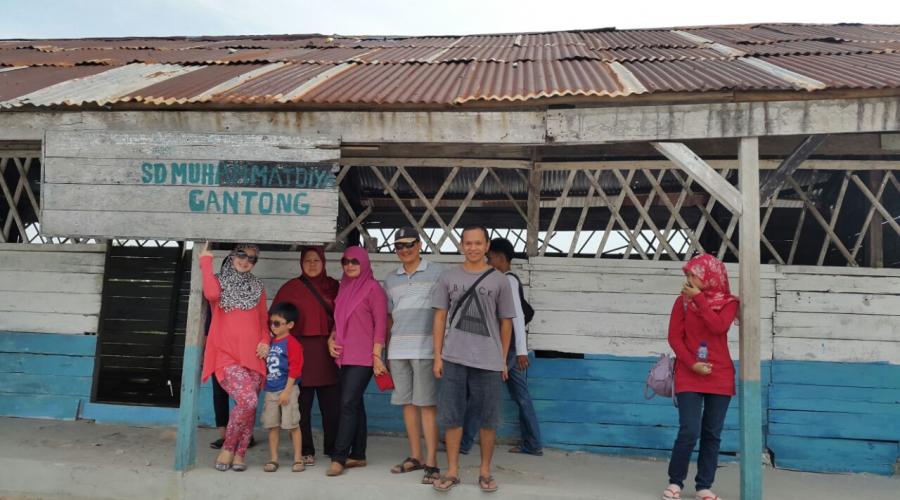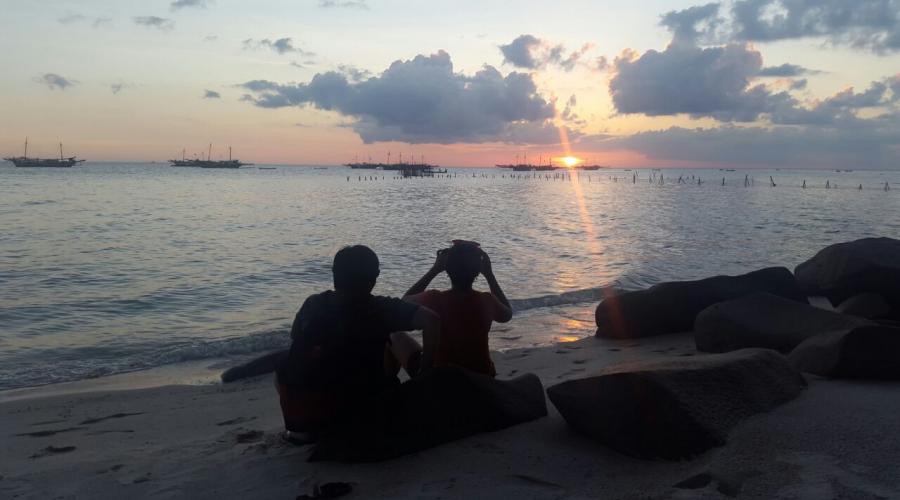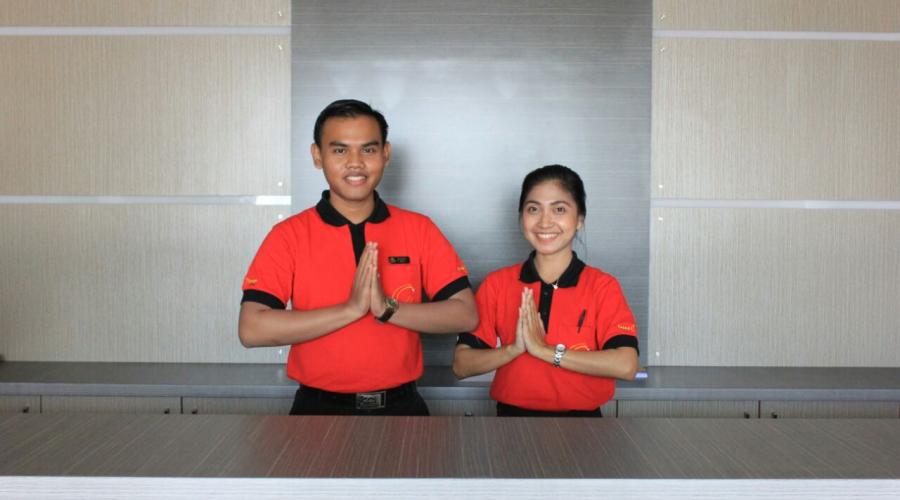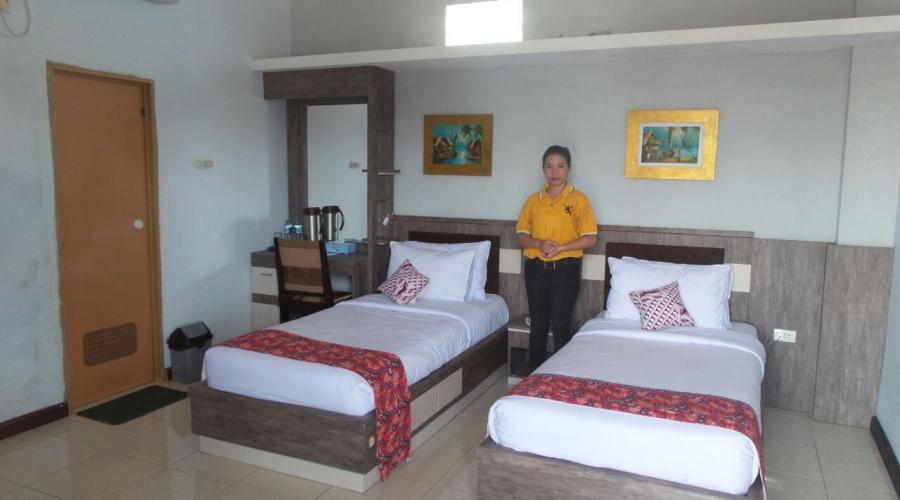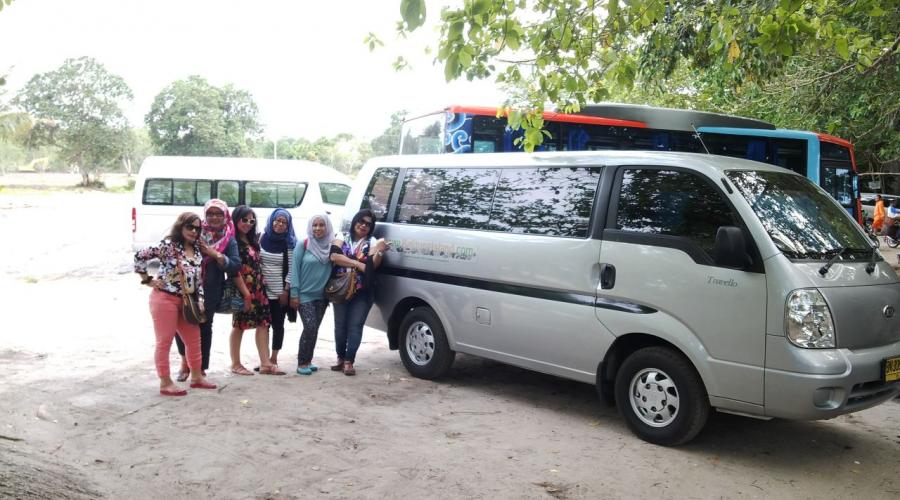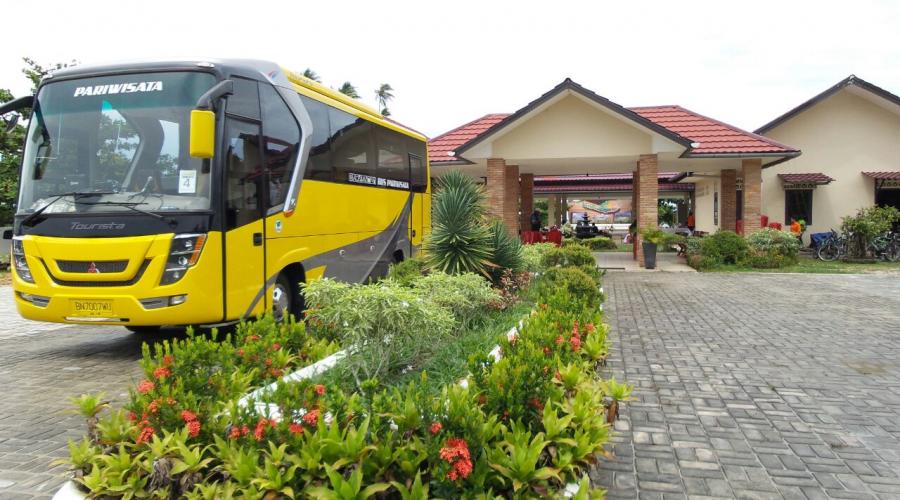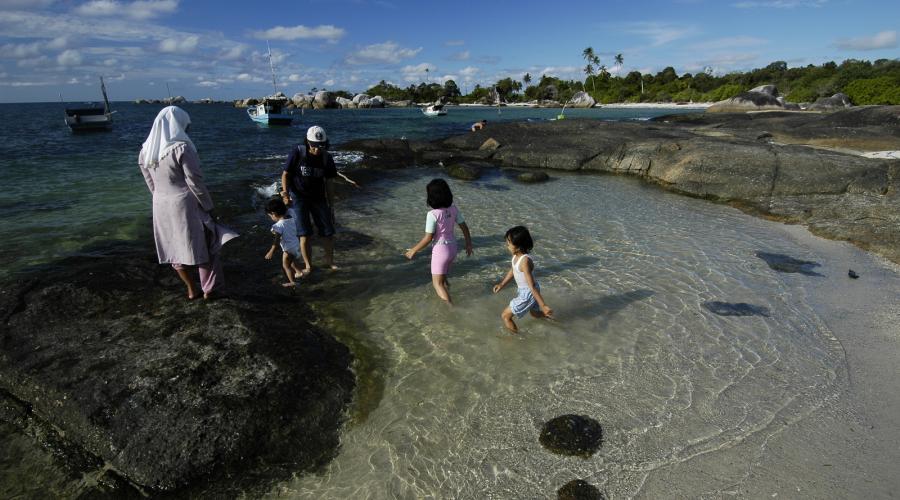The word Belitong was first popularized out of Belitung by Andrea Hirata in the Laskar Pelangi novel. In the novel Andrea uses the word Belitong, even the same mention is also used in the film Laskar Pelangi. But, lately the word Belitong began to be used with a more unique purpose, namely as a unifier. On the island of Belitung, there are two districts namely Belitung Regency (West) and East Belitung Regency . East Belitung is a district resulting from the division of regions which previously had only one district, namely, Belitung Regency. So to keep unifying the identity of the Belitung people, the people there call them Belitong People, meaning people from the island of Belitung, regardless of which district they come from.
Travel Vlog & Blog
If there is an event in a village, such as a wedding, almost all villagers will help, starting from making decorations, cooking to the ritual of the wedding. Almost all villages are involved, so it must be ensured that all families in the village must be invited.
Belitung people do not know the hierarchy, so there are almost no aristocratic groups in Belitung. Some families still hold noble titles in the past, which usually have the title "Kiagus", similar to the peerage of Palembang. It's just that the name Kiagus does not have special treatment and position in the community. In the past there were indeed several sultanates in Belitung, namely the Balok sultanate, the Badau sultanate, the Buding sultanate and the Sijok sultanate. The title kiagus could be derived from this empire. Information about the history of Belitung can be obtained from the Belitung Map website.
If you come on holiday to Belitung, you will see the population of Chinese descendants seen more than other regions in Indonesia, although it remains a minority in Belitung. Even the Belitung Chinese people still use their native language. But if you have Mandarin skills, you should not be happy just yet, because the language of the Belitung Chinese community is from the Hakka dialect (Hokian). Unlike the Chinese descendants on the island of Java, Chinese people came to Belitung only at the end of the 19th century. They were imported by the Dutch from Yunan province because of their expertise in mining tin. So the origin of the Chinese community in Belitung is from tin workers.
What is drama? Before proceeding, it needs to be explained that one important component of the wedding event committee is hiring professionals who have unique expertise. They are usually a pair of men. This man will join the groom's entourage in the convoy, much like the head of the group. While another person is waiting and guarding the door, which starts from the front yard door, assisted by several people. The door blocking process is dramatic and will be a spectacle for all those present.
What did the two men do then? One thing, namely, reciprocated rhyme. The rhymes presented are usually very unique, funny, entertaining and invite the laughter of the audience. This pair of men are usually indeed professional rhyme practitioners in the Belitung community, so the quality of rhymes is very entertaining. The process of reciprocating pantun is usually quite long, can be up to 10 minutes. The barn that is blocking the new door will be opened if the bridegroom gives money (perfunctory) as a sign of entry, then the bridegroom and entourage can pass through the door. The door closing procession will then be repeated again in the next two stages, namely at the entrance of the house and at the entrance to the bridal chamber. This ritual is usually very entertaining and is awaited at every wedding procession in Belitung.
The distinctive feature of the application process is that it is marked by carrying a gift in the form of a large baulo cake. Belitung people call it "Jajak Gede" (big cake). This cake is a symbol of appreciation from the family of a woman's expected male family. The tradition of the arrival of the female family to the male family aims to inform the family of the male party officially that the boy in question has often visited the woman's house. The female family intends to ask whether the male family is serious about continuing the couple's relationship to the marriage level. The program usually takes place smoothly, followed by an agreement on the preparation of the next marriage ceremony.











